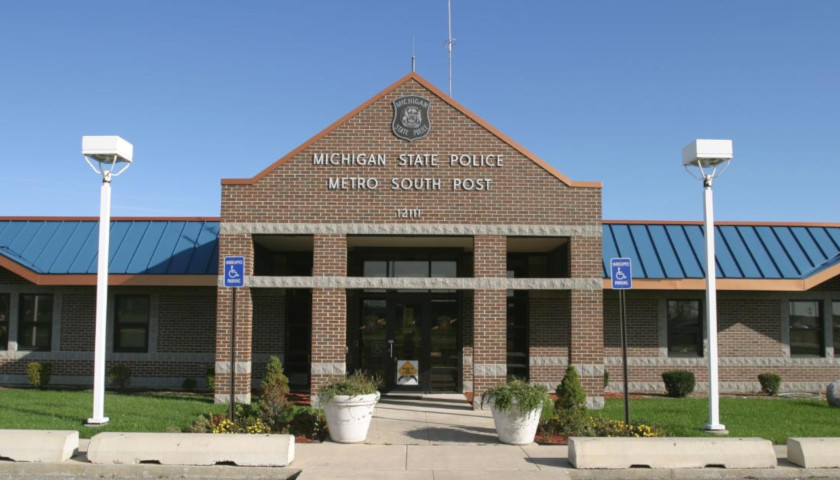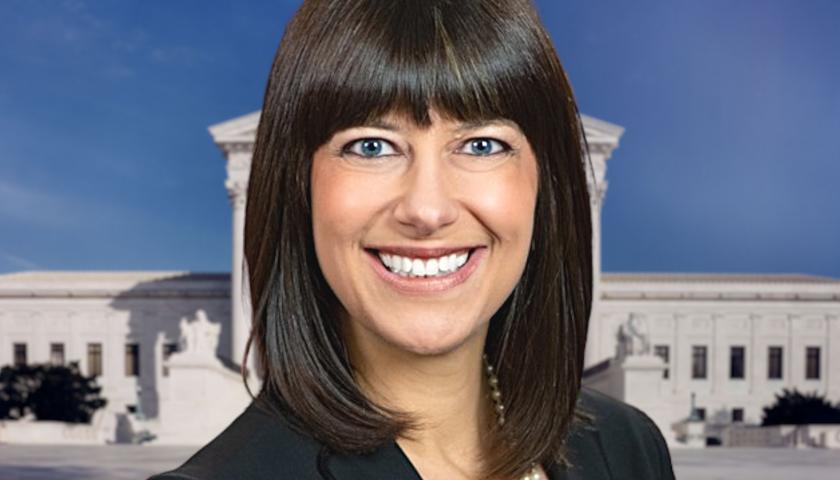The Michigan State Police (MSP) announced Wednesday they have created a new task force aimed at identifying and stopping medical professionals who illegally distribute controlled substances.
“We evolve as crime does,” said Col. Joe Gasper, director of the Michigan State Police.
The Diversion Investigation Unit (DIU) came about as part of larger measures to combat the opioid epidemic. Gov. Gretchen Whitmer signed an executive in June creating the Michigan Opioids Task Force, which brought together leaders from across the state to tackle opioid abuse.
Opioids were responsible for nearly 2,000 overdoses in Michigan in 2017, according to government resources. The state also saw a rise in overdose deaths from 1999 to 2016, jumping from 99 deaths to 1,699 deaths.
The unit has already pressed charges against two medical professionals.
Remona Brown, a nurse practitioner in Lansing, was charged with one count of conducting a criminal enterprise, one count of conspiracy to manufacture illegal prescriptions, nine counts of manufacturing illegal prescriptions and one count of healthcare fraud.
An investigation by the DIU also resulted in charges being pressed against Arduth Burgess, an osteopathic doctor in Mason. Burgess was charged with one count of manufacturing illegal prescriptions, two counts of possessing controlled substances, one count of healthcare fraud and one count of failing to keep records. She was also charged with a misdemeanor count of licensee prescription.
The MSP also recently hosted an opioid “take back” day for Michigan residents to safely return their unused or unwanted opioids. During the take-back day in April, the MSP collected more than 1,000 pounds of prescription medication.
Cutting off abused opioid prescriptions at the source is critical to handling the abuse epidemic. There were 11.4 million prescriptions for painkillers written in 2015, roughly 115 opioid prescriptions per 100 people.
“This is a very real and potentially deadly part of the opioid epidemic,” said Gasper. “Prescribing medically unnecessary controlled substances pushes highly addictive drugs on to our streets impacting public and patient safety.”
– – –
Jordyn Pair is a reporter with Battleground State News and The Michigan Star. Follow her on Twitter at @JordynPair. Email her at [email protected].
Photo “Michigan State Police” by Michigan State Police.





